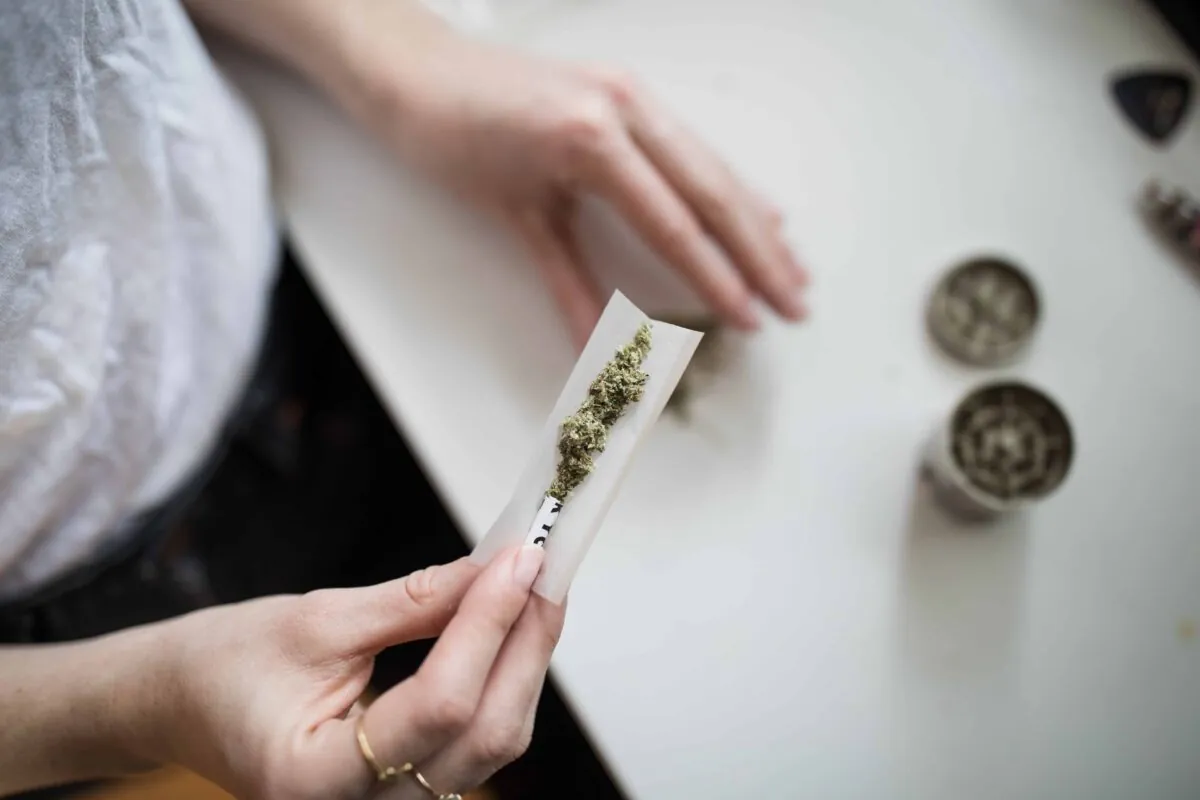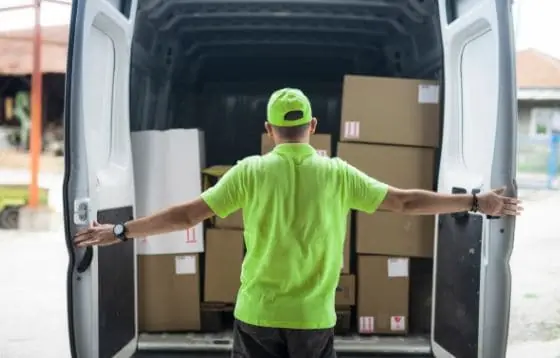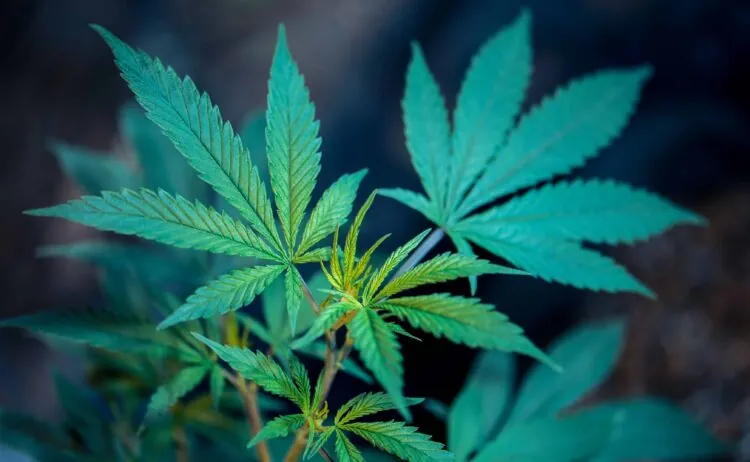Can Canadians in the cannabis industry travel to the U.S.?

Authors: Authors: Jessica Jensen, Reis Pagtakhan, Scott Bell
The Canadian government legalized cannabis for recreational use in October 2018 and it started a growing cannabis industry that has significantly contributed to the Canadian economy.
However, everyday Canadians that work in the cannabis industry face difficulties and even total bans from the United States due to their occupation.
Previously, the U.S. Customs and Border Protection Agency (CBP), the principle agency in charge of border crossings into the U.S., released a statement that gave anyone connected to the legal cannabis industry cause for pause and concern. CBP stated that Canadians working, investing or otherwise participating in the legal cannabis industry in Canada or the U.S. could be found inadmissible and face lifetime U.S. travel bans.
This was of great concern to Canadians (as well as some Americans) because it involved broad sweeping language that appeared to warn any company or individual that could be seen as aiding, abetting or assisting in the proliferation of cannabis as unable to travel to the U.S. CBP made it apparent that Canada’s change in legislation concerning marijuana legalization would not result in any changes concerning CBP’s handling of border crossings and arrivals at a U.S. port of entry. The overarching message is simple – any individual and/or company engaged in the production, proliferation or usage of cannabis will be seen as trafficking a controlled substance under U.S. federal law.
CBP has now clarified its position to one that is not so overarching but may still be consequential. CBP states, in pertinent part that:
A Canadian citizen working in or facilitating the proliferation of the legal marijuana industry in Canada, coming to the U.S. for reasons unrelated to the marijuana industry will generally be admissible to the U.S. However, if a traveler is found to be coming to the U.S. for reason(s) related to the marijuana industry, they may be deemed inadmissible.
The term admissible/inadmissible in the world of U.S. immigration means something significant. The U.S. classifies individuals as either admissible or inadmissible; most individuals are deemed admissible. So what does it mean if you are inadmissible? The Immigration and Nationality Act defines inadmissibility as not being permitted by law to enter or remain in the U.S. If an individual is deemed inadmissible they may be able to obtain a waiver so they can enter into the country. However, in some cases, a waiver cannot be obtained and an individual can be permanently banned from entering the U.S.
So what does it mean when CBP warns that anyone working or connected to the Canadian cannabis industry can enter the U.S. freely?
Well, CBP is clarifying that any Canadians involved in the legal cannabis industry can enter the U.S. for reasons unrelated to the industry to travel freely. Essentially, individuals who are employees, contractors and/or investors in the industry will not face a threat of a lifetime ban from entering the U.S. because of their involvement in the Canadian industry.
It does not mean, however, that those working in the cannabis industry are completely free from scrutiny when they cross a U.S. port of entry. Rather, it is the opposite.
Business or pleasure?
It is typical when any non-U.S. citizen passes through a U.S. port of entry they are asked a series of questions. One key question is whether they are entering the U.S. for travel or work purposes. Other questions may be related to the goods being brought into the country, as well as what the person does for work. This is when it becomes difficult for the non-U.S. citizen attempting to enter the U.S. If a Canadian is involved in the legal cannabis industry, it may be difficult for a CBP agent to ascertain whether the individual is traveling to the U.S. for reason(s) unrelated to the marijuana industry, which may lead to the Canadian having to face additional scrutiny.
Some situations may be clear cut, such as a Canadian entering the U.S. to go to a friend’s wedding or some other important life event like a graduation or funeral. In these situations, it is very clear that the Canadian is entering for a leisure-related reason.
However, some Canadians may go to the U.S. to see the sites, shop or simply travel for reasons completely unrelated to work. This is where the Canadian could encounter issues – even if their travel is completely unrelated to their vocation and is actually for a vacation. It seems that even the notion of impropriety, such as working in the cannabis industry, could lead CBP to scrutinize the individual intensely. The individual could be subject to even more questioning, which is a nerve-wrecking and quite time-consuming for anyone.
Federal law supersedes state law
Those who presume that they can enter the U.S. to travel to a state where cannabis is legal and avoid extra scrutiny are mistaken. Federal law will always supersede state law. So any U.S. state that has made medical and recreational cannabis legal does not give a foreign alien any respite when being interviewed at a port of entry. In fact, the U.S. Embassy website specifically states that for “international travelers wishing to enter the United States . . .” they are “governed by and conducted in accordance with U.S. Federal Law, which supersedes state laws.” So, if any “arriving alien [] is determined to be a drug dealer or addict. . . .” they can be deemed inadmissible to the U.S. (emphasis added). Meaning, they are permanently banned from entering the U.S.
It is a very common misnomer that an admissibility determination is largely based on previous criminal conviction, but this is not the case. According to U.S. law, an individual can be deemed inadmissible if an “immigration office knew or ha[s] reason to believe that the [individual] is a trafficker in controlled substances at the time of admission to the United States.” Matter of Casillas-Topete, 25 I. & N. Dec. 317 (BIA 2010), modifying Matter of Rocha, 20 I. & N. Dec. 944 (BIA 1995) (limited to the inspecting officer only).
It is a low standard that an immigration officer has to meet. It may be the result of an officer’s perception that the individual is engaged in illicit drug trafficking when, in fact, the individual simply works in the cannabis industry. For anyone who has gone through a port of entry, in most cases, CBP agents are professional and can be quite pleasant. However, that is not always the case, so it always better to be prepared for anything – especially at the U.S. border.
Leisure-related reasons
Before entering the U.S., Canadians involved in the cannabis industry must determine if they are entering the U.S. for work-related reasons or for leisure. If it is for work, to be absolutely precise – DON’T. Any Canadian traveling to the U.S. for any reason related to the cannabis industry does so at their own peril. Doing so creates a substantial risk of inadmissibility findings and travel bans. So JUST DON’T enter the U.S. for work-related reasons.
If a Canadian that is employed or works in the legal cannabis industry decides to travel to the U.S. for a non-work related reason, they may experience increased difficulty establishing that their travel is not related to the marijuana industry. It is vital that if a Canadian who works in the cannabis industry who does intend to travel to the U.S. substantiate that their travel is solely for leisure-related reasons. This can be done by showing tickets to events they are attending, hotel or Airbnb receipts, letters from friends that they will be visiting, or just a list of activities they intend to do upon arrival at their destination. It is important that establishing their intentions for leisure is unmistakenly apparent to the CBP officer.
While it is important to ensure that any Canadian cannabis employee is thoroughly apprised of this issue they may encounter at the U.S. border, it is also important that regular Canadians are informed as well. Users of legal cannabis can still face tough scrutiny and unintended consequences as a result of their legal marijuana use.
NEXUS pass users
For those that travel through U.S. ports regularly a NEXUS pass is a great way to circumvent long lines, but this can be taken away for recreational marijuana users. A NEXUS pass can be taken or away or an application rejected, if an individual declares that they used marijuana in Canada, even though they engaged in the act legally. This is due to the fact that marijuana still remains illegal pursuant to U.S. federal law. It is essentially a trick question. A NEXUS pass can be rejected by a CBP agent due to the fact that the individual had engaged in unlawful activity, regardless of where that unlawful activity took place. Moreover, if that unlawful activity was in fact lawful where it occurred. Confused? We know.
An incident that occurred at the Vancouver airport is a great illustration of this conundrum. A dual U.S.-Canadian citizen was attempting to renew their NEXUS card. The Canadian interview went smoothly but issues began with the U.S. interview. The CBP officer asked the individual if they had ever smoked marijuana, to which the traveler answered they tried it when it became legal in Canada but had ceased usage of marijuana. Essentially, they used it once and was not a prolific user of the substance. However, it was sufficient to have the traveler’s NEXUS card renewal denied. This rule also applies to the Free and Secure Trade (FAST) program, which also allows FAST holders to circumvent long lines in and out of the U.S.
Key takeaways
While it is important to note that not everyone has difficulty going in and out of the U.S., it is vital to understand the legal differences between the two countries. Always be aware that while Canada and the U.S. share many things, marijuana legalization is not one of them.
Further, it is important to note that the U.S. announcement applies only to individuals participating in the legal cannabis industry. As a result, Canadians who work outside the legal industry will not be covered. Please reach out to our immigration team if you have any questions or concerns.
Note: This article is of a general nature only and is not exhaustive of all possible legal rights or remedies. In addition, laws may change over time and should be interpreted only in the context of particular circumstances such that these materials are not intended to be relied upon or taken as legal advice or opinion. Readers should consult a legal professional for specific advice in any particular situation.





